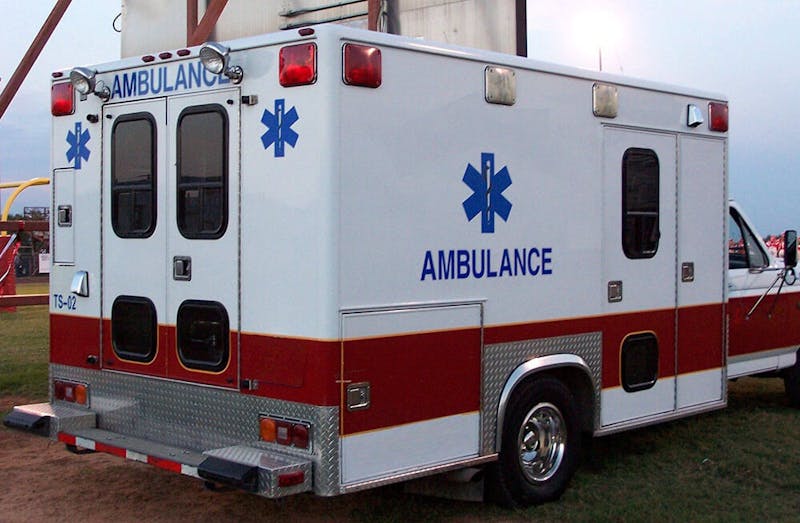
In 2013, a car plunged into Little Rock Pond. While there is evidence that suggests the two victims died as a result of Little Rock’s 911 deficiencies, a unanimous ruling on May 30, 2019 upheld the decision of a circuit judge, in which the city cannot be held financially response for the deaths.
When the vehicle of Jinglei Yi, 39, and Le Yang, 5, ended up in Little Rock pond, there were a number of 911 service issues that resulted in a delayed rescue. The dispatcher failed to notify the proper rescue unit about the crash until nearly 30 minutes after the first emergency call for assistance was made. When the Metropolitan Emergency Medical Services arrived, they were unable to attempt a rescue because the freezing water required them to wait for a specially trained unit of the Fire Department.
The two victims were eventually rescued alive, but they later died at the hospital as a result of the injuries they sustained.
According to the Supreme Court, Pulaski County Circuit Judge Tim Fox’s decision to dismiss the lawsuit was allowed because state law grants immunity to localities that lack liability insurance.
While it’s unclear what the outcome would have been without the immunity factor, it is clear that Little Rock’s 911 services should address their deficiencies in order to avoid preventable loss of life in the future.
The court’s dismissal of the case showcases the deficiencies of Little Rock’s 911 services. One big issue is that the Little Rock Communications Center is understaffed. As a result, there aren’t always enough dispatchers available to take on the emergency calls that come in. Understaffing also affects how employees are hired and trained. The dispatcher, Candace Middleton, who answered the call regarding the accident with Yi and Yang, had previously been fired for poor job performance. Additionally, adequate training should have given her the resources to notify the proper responders about the crash much faster.
Because the case was dismissed on grounds of immunity, Little Rock’s 911 services can’t be held accountable for their deficiencies. This does not mean, however, that changes shouldn’t happen. In order to provide useful and life-saving services to citizens, it’s crucial for the system to evaluate its deficiencies and strive to make improvements. As mentioned, understaffing is just one area where the system can likely improve. With a thorough review, it’s possible the services provided in the event of an emergency could improve significantly.

